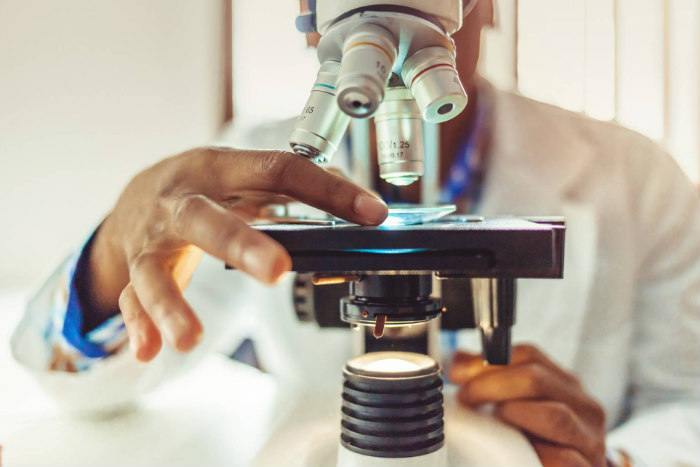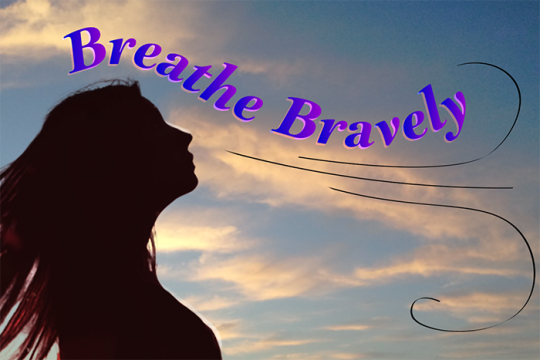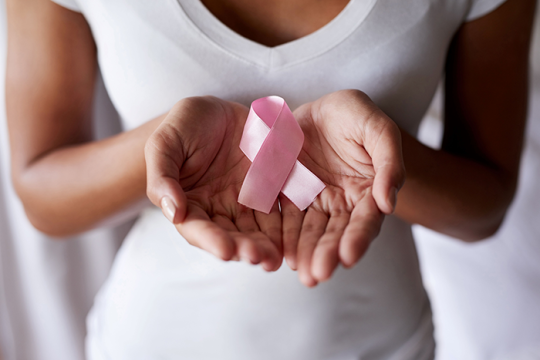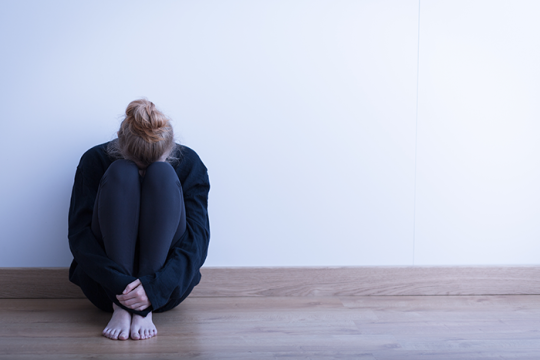
As the world struggles with the COVID-19 pandemic, we have seen an underlying tension over the role of experts in shaping our response to the disease. On one side, there is the widespread tendency of citizens and governments to heed the advice of epidemiologists and public health specialists to impose measures to halt or slow the spread of the coronavirus. The countervailing tendency, popular among anti-vaxxers, deniers of climate science, and believers in “alternative facts,” is to reject the counsel of scientists as alarmist and extreme. Pundits and politicians have argued: “The cure is worse than the disease.”
In this dispute, the Jewish tradition comes down decidedly on the side of science. One of the primary values in Jewish legal thought: overrides almost every other religious (which can be interpreted as “duty”). It follows that the practice of medicine, the activity by which we most commonly preserve life, is itself a mitzvah. In the face of disease, we are to avail ourselves of medical care, which entails that we heed the counsel of medical experts trained in the diagnosis, evaluation, and treatment of diseases. Thus we read in the Mishnah (Yoma 8:5): “A person who is ill on is fed according to the instruction of experts.”
We may ignore that advice only when we have good reason to believe that action must be taken to save life and health, even if the expert has not reached that conclusion. However, we are never entitled to ignore the experts’ positive prescription for treatment.
How do the skeptics of the medical-scientific consensus answer this clear instruction to heed the counsel of experts? They speak of mistakes that scientists have made and continue to make, of studies retracted and conclusions contested, and of the dismal record that specialists have amassed in predicting the future. They have a point. Scientists are human beings, imperfect and prone to error, and even the most highly regarded scientific institutions are capable of mistakes, mismanagement, and negligence. Even accurate scientific data do not automatically determine the best responses to medical challenges.
In this pandemic, which risks to take and how to accommodate them are questions answerable not by data but by reasoned – though debatable – human judgment. Scientists are not umpires; they are not and cannot be the final arbiters of the decisions we must make as to how we conduct our lives during this time of coronavirus. As one observer, echoing Georges Clemenceau, aptly puts it, “Just as war is too important to be left to the generals, pandemics are too important to be left to the scientists.”
Still, it is the deniers – those who disparage the medical consensus, refuse to wear masks in public places, and ignore the guidance on social distancing – who are wrong. They are wrong, not because the scientists are always right, but because “science” as we know it is founded upon a methodology of systematic, self-correcting observation and experimentation that continually tests its findings and ultimately produces answers in which we can have confidence.
Two decades ago, a Reform rabbinic responsum addressed the agitation against the use of vaccines with the following observation:
We rely upon “the overwhelming view” of scientists, not because scientists are immune to error, but because today’s science is a discipline defined by a rigorous methodology that leads to the recognition and correction of mistakes. The findings of any researcher are tested and retested carefully; they are subject to close scrutiny and peer review. Questions concerning the safety of any vaccine are vigorously examined by the medical community, and these examinations can and do lead to changes in the recommended schedules of vaccines. It is precisely because scientists acknowledge that they can be wrong and precisely because the medical community trains such a watchful eye upon the issue of vaccine safety that “the overwhelming viewpoint,” the consensus opinion among practitioners, is worthy of our confidence.
Those words resonate today with great force and urgency because among those who would have us doubt the counsel of experts, who tell us either to overlook the existence of COVID-19 or to ignore the consensus medical opinion in favor of quack and untested remedies, are holders of high political office. Were that responsum written today, it would likely tell us this: Wear your mask in public, practice social distancing, wash your hands frequently, and, above all, do not take medical advice from politicians.
This does not mean that we should idolize our epidemiologists or that we believe that the scientists are always right. It means simply that science, as imperfect as its practitioners may be, is the way that we are meant to fulfill the mitzvahof pikuach nefesh.
This article was adapted from an essay written as part of Hebrew Union College-Jewish Institute of Religion’s “Scriptions” series, dealing with various aspects of the pandemic.
Related Posts

Breathe Bravely

The Holy Act of Caring for our Bodies: The Importance of Breast Cancer Testing Early and Often

